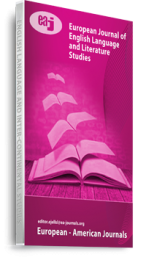Charlotte Brontë holds a unique place in presenting heroines who are assertive. As the author of vivid, intensely written novels, Charlotte Brontë broke the traditional nineteenth-century fictional stereotype of a woman as beautiful, submissive, dependent, and ignorant and delineated the portrait of a ‘new woman’ who is independent and who does not simply submit herself to the norms of the patriarchal setup. Charlotte Brontë’s first novel, Jane Eyre (1847) was immediately recognized for its originality and power. Since then, Brontë has been considered by critics as one of the foremost authors of the nineteenth century, an important precursor to feminist novelists, and the creator of intelligent, independent heroines who asserted their rights as women long before those rights were recognized by society. Through Jane Eyre, Charlotte Brontë aims to project the need to fight against the oppression in the patriarchy. Penniless, lonely and starving, Jane Eyre does not remain a victim of social injustice but emerges as a brave warrior to stand against the male domination and is determined to assert her individuality without submitting to the accepted traditional norms. Both Mr. Rochester and St. John want to master Jane and in both the cases, she insists on her independent will. She wants power and the freedom to be active as she wishes to experience the world in a positive and constructive fashion. She does marry Mr. Rochester, but on her own terms and not at the cost of her independence.
Keywords: Charlotte Bronte, Feminine, Jane Eyre, Patriarchy, oppression.

